commentary Commentary
Commentary: This brewing tech rivalry may create Chinese isolationism
What larger impact this trade war might have is the lesson Chinese tech companies have learnt about how vulnerable they have become to geopolitical and trade risks, says China commentator Tom McGregor.
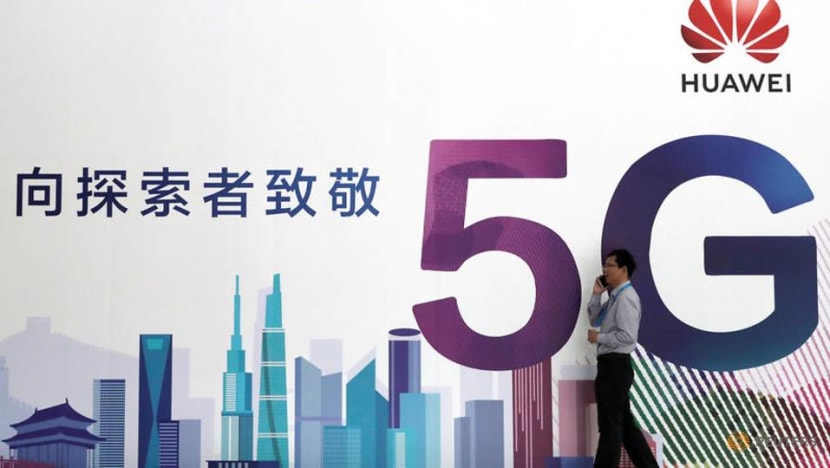
A man talks on his mobile phone beside Huawei's billboard featuring 5G technology at the PT Expo in Beijing, China, on Sep 26, 2018. (Photo: REUTERS)
BEIJING: Tectonic shifts were underway in the technological rivalry between the US and China last week.
On Monday (Jun 17), China’s largest telecommunications equipment manufacturer Huawei signed a groundbreaking deal with China Mobile, the country’s largest telecommunications operator.
The company was awarded half of China Mobile’s 5G network contracts, while Sweden’s Ericsson and Finland’s Nokia scored most of the rest of the orders. Huawei’s cross-town rival ZTE also captured 5 per cent of China Mobile’s 5G contracts.
The Chinese central government had granted commercial 5G licenses to the country’s three telecommunications giants - China Mobile, Unicom and China Telecom - and China Broadcasting Network Corp the week before. The Chinese government’s decision to press on with 5G implementation ahead of a previously announced schedule demonstrates both a sense of urgency and self-confidence amid a brewing trade war with the US.
But the US did not sit idly. On Friday, the US Commerce Department put five more Chinese tech groups on a trade blacklist, including one research institute and four Chinese firms that work on supercomputing, facial recognition and artificial intelligence.
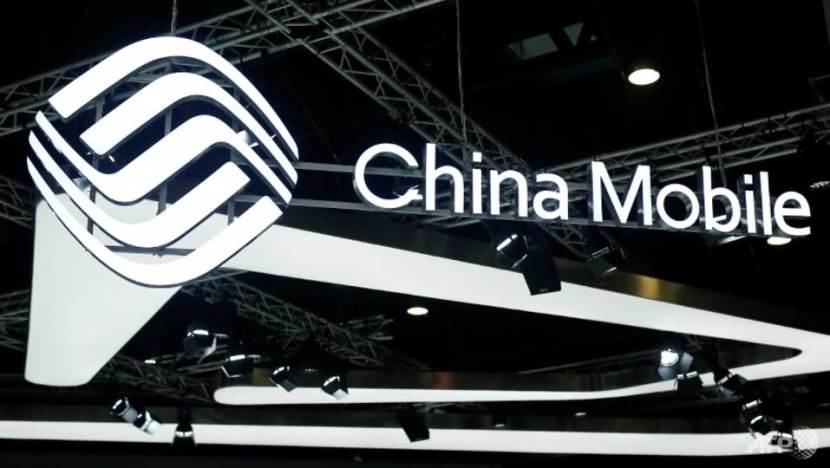
The US said that some had been involved in activities “contrary to the national security and foreign policy interests of the US”. Ahead of a highly anticipated meeting between US President Donald Trump and Chinese President Xi Jinping, both sides seems to be seeking to bolster their position.
But the US’s move poses fresh risks and might just be the spark that ignites a path towards Chinese isolationism.
READ: Donald Trump is making America scary again, a commentary
RUSHING AHEAD
China’s original plans to establish 5G networks for commercial use were originally set for no earlier than 2020 as Chinese experts had feared that hastening the process could result in technical mishaps and unforeseen challenges.
Beijing traditionally prefers to play it safe and conservative before pushing through with such nationwide projects, experts have pointed out.
A routine implementation strategy would see local pilot projects spearheaded by local governments, before scaling up to the provincial level if successful, and finally ceding control to the central government to oversee and regulate.
China Mobile initially had plans to test out 5G for smart cities in Hangzhou, Guangzhou, Suzhou, Wuhan and Shanghai before connecting those networks nationwide with Huawei as a crucial player but the Chinese have since moved the schedule up.
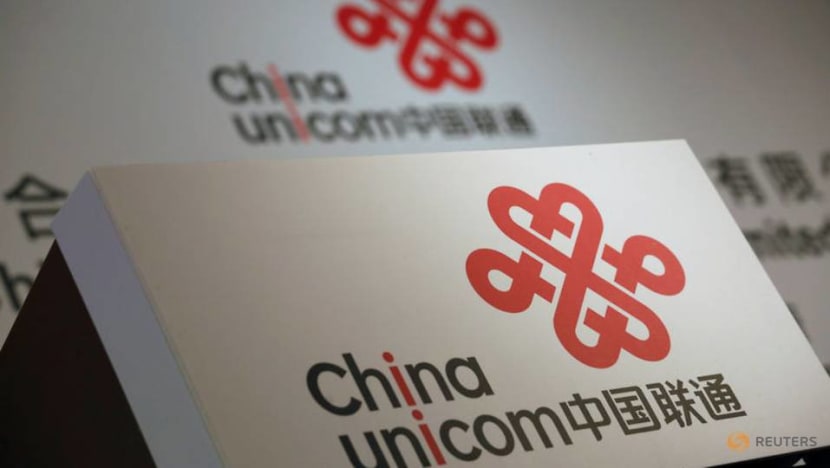
In fact, China’s Ministry of Industry and Information Technology (MIIT) announced two years ago bold expectations for the nation to bolster investments in 5G from 2020 through to 2030, adding 6.3 trillion yuan (US$870 billion) to economic output and 8 million jobs, while Chinese companies were revving up with investments in telecommunication equipment and network capacity.
China's Big Three telecommunication giants - China Mobile, China Telecom and China Unicom are expected to invest a total of US$180 billion in the next seven years, which would eclipse Japan's spending at US$46 billion for the same period.
READ: The US-China contest is a race towards 5G domination, a commentary
AN UNEXPECTED PAUSE
But the brakes were almost pulled on this ambitious plans when US President Donald J Trump signed an Executive Order blacklisting Huawei and its affiliates as “foreign adversaries”, and killing off Chinese businesses’ much-needed access to US high-tech firms like Qualcomm, Intel, Microsoft and Google.
With Huawei in a precarious scenario, China Mobile had to decide whether to continue working with the Shenzhen-based tech giant on the 5G roll-out and made the decision to press on after considering a range of factors.
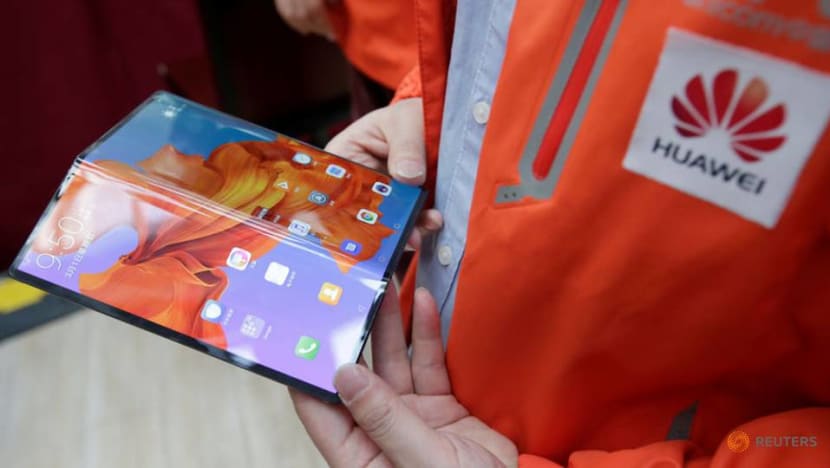
“We have set up a fair and transparent procurement policy and potential vendors have to go through a vigorous tender process,” China Mobile said in a public statement last week.
We have considered factors such as price, product quality and customer service in arriving at the final decision.
China Mobile added:
Huawei is one of our major long-term suppliers and over the years it has consistently provided us with exceptional products and services.
Still, China Mobile played it smart by hedging its bets and diversifying their 5G contracts to include fierce Huawei rivals Ericsson and Nokia.
READ: China will not abandon Huawei, a commentary
The risks to its 5G roll-out could be huge if Huawei or other Chinese firms continue to be the target for US trade restrictions on critical suppliers and parts, including a possible derailment to China Mobile’s plans for 5G roll-out elsewhere such as the research projects and contracts won in the European Union - at a greater danger to the company’s survival.
HUAWEI STILL GOING STRONG
Would the recent moves split the world along tech lines – one Chinese and one American/European? Nokia and Ericson have snatched huge deals from Huawei, including 5G contracts awarded by SoftBank and Denmark phone company TCD Group.
More opportunities are up for grabs, as dozens of governments and phone companies are scheduled to choose 5G suppliers in the coming months and concerns mount after the freshly imposed US restrictions.
For the moment, Huawei still has access to opportunities to develop 5G networks in Europe. German Chancellor Angela Merkel has suggested she would not expel the company from her country.
Huawei also inked a deal to develop 5G networks in Russia, with the announcement made during Chinese President Xi Jinping’s state visit to the country in early June.
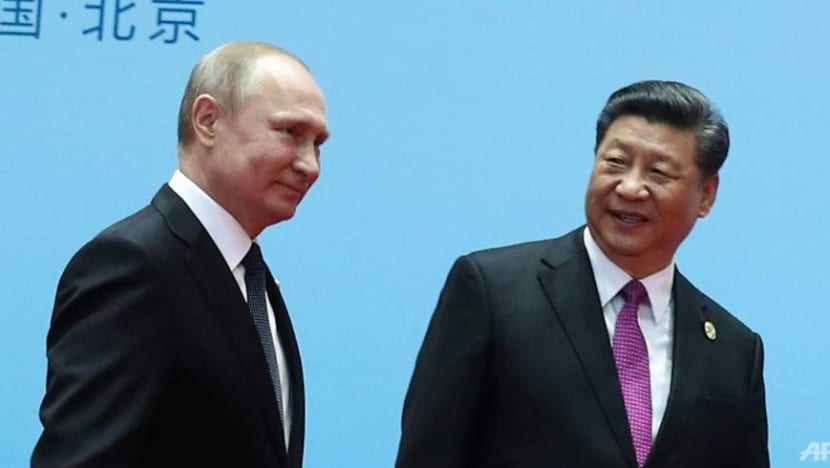
Huawei also enjoys wide support in emerging markets. Charles Yang, president of Huawei Middle East, has told news outlets that his company continues to thrive with partnerships in the Middle East, Africa and parts of Europe.
DARKER DAYS ON THE HORIZON
But Huawei will not escape unscathed. Founder Ren Zhengfei disclosed he expects the company to generate only US$100 billion in global sales for this year and next combined, after Trump’s blacklisting shaves off US$30 billion in projected sales.
But what larger impact this episode might have is the lesson Chinese tech companies have learnt about how vulnerable they have become to geopolitical and trade risks.
In sourcing for parts, partnerships and collaboration, they may be more likely to look at indigenous technology and commercial collaborations with other Chinese firms going forward, even if this trade spat with the US blows over.
The best Huawei can hope for in the short term is a truce - that President Trump reconsiders his decision on the Executive Order and allows them to go back to business with US suppliers, service providers and contractors.
READ: US President in 2020 - why Donald Trump could win again, a commentary
If not, Huawei will have to rely more on China Mobile and other Chinese firms to ride out the storm for the foreseeable future as they cope with disruptions to their supply chains.
New chips developed by HiSilicon and a new in-house operating system in the pipeline could help move Huawei on its path towards independence from US tech but there will be kinks to be ironed out along the way. This localisation approach is not the company’s preferred option, but they may have little choice.
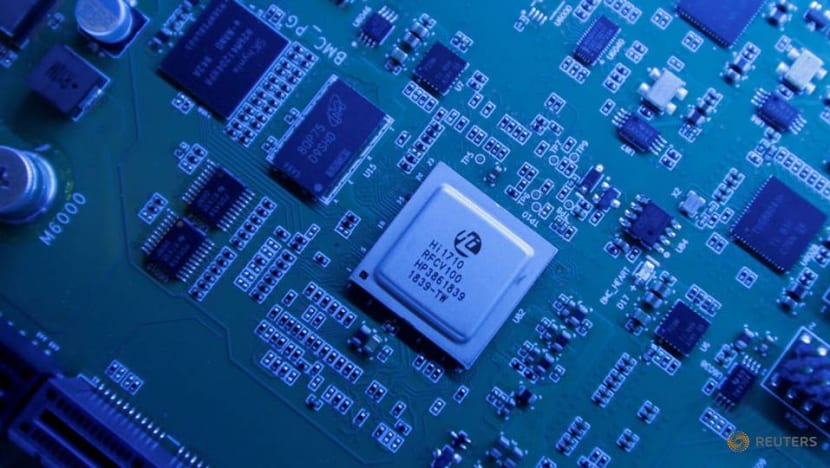
Huawei localising its entire supply chain could deliver positive benefits in the long-term for Chinese companies and the Chinese technology ecosystem.
There really could be a light at the end of a dark tunnel for China but after being burnt by US trade restrictions, the ending might be one of Chinese autarky.
Tom McGregor is a commentator on Asia-Pacific affairs based in Beijing.












